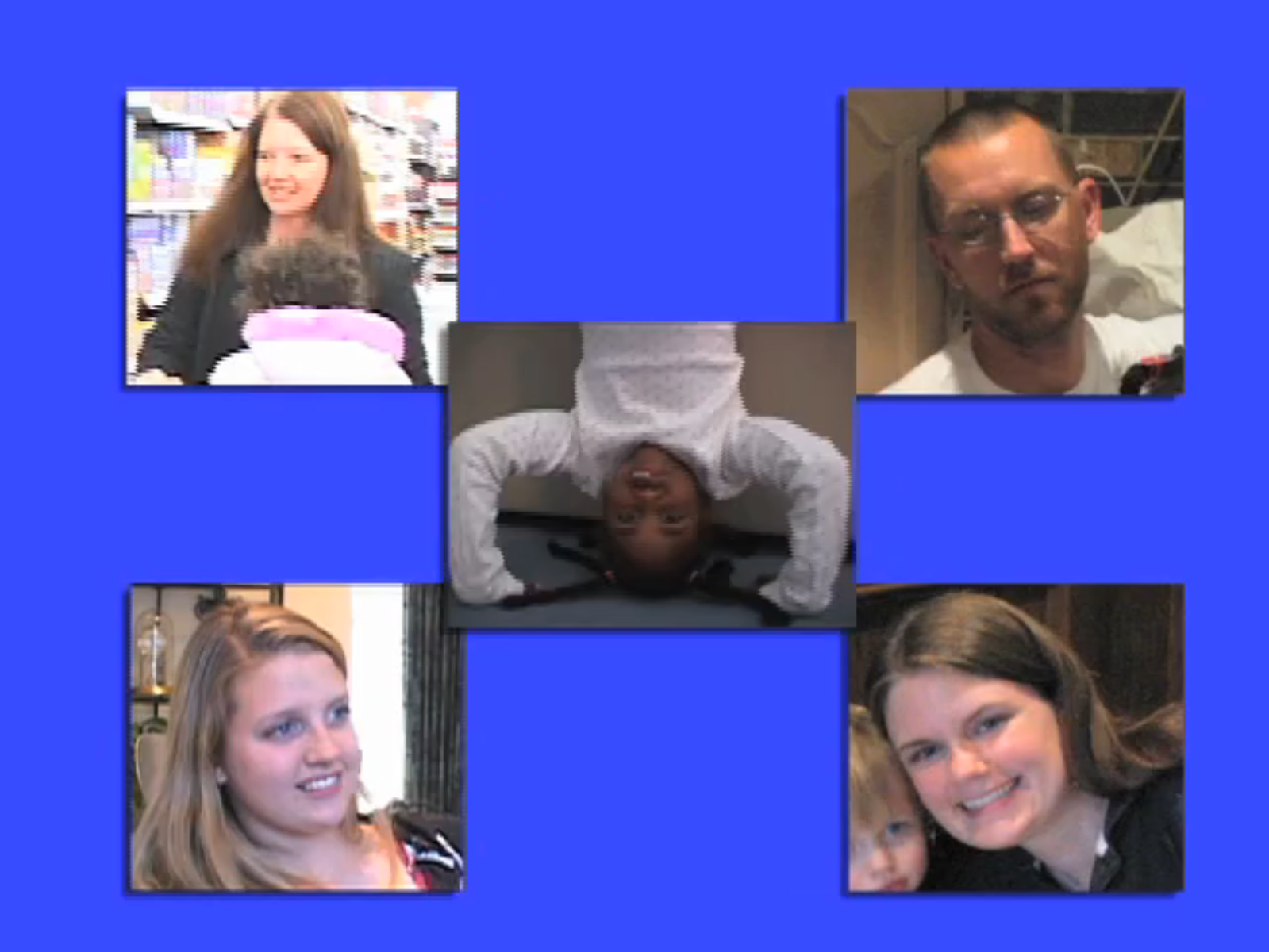Black, White, Brown
PRODUCED BY GP INGERSOLL
IDENTITY A CHALLENGE IN TRANSRACIAL ADOPTION
 Austin Kyle recently took a trip to South Carolina with his family to one of the most important sites in early Civil War history.
Austin Kyle recently took a trip to South Carolina with his family to one of the most important sites in early Civil War history.
Not Fort Sumter, but rather, The Penn Center; the location of the first school for freed slaves. For Kyle’s kids, 10-year-old Ariel and 9-year-old Nasir, the trip highlighted an integral part of their heritage as black Americans.
VIDEO STORY
 Related Content
Related Content
[Watch Now]
The Kyle family represents the estimated 15 percent of transracial adoptive families in the U.S., according to a 2000 survey by the Department of Health and Human Services. Though the 2010 stats haven’t been released, the number is double that of 1990, indicating a likely trend.
“It is different. Both of these children have been in a Caucasian household their entire lives,” said Kyle, a single, self-employed hair dresser. “I know it’s an issue, but it’s not an issue because that’s not how we live.”
Kyle represents the 84 percent of white adoptive parents who would prefer or accept children of color (DHHS 2008). He also represents single adoptive parents, a group significantly more likely than married couples to adopt children of color.
Interestingly enough, the same report states that 75 percent of black adoption seekers would accept or prefer a white child. A full 94 percent of both black and white adoption seekers would prefer or accept adoption of children other than black or white.
“In a mixed race family, race isn’t usually something that gets taken for granted the way it would in families where everyone identifies with the same race,” said Dr. Ann Morning, a New York University sociology professor.
Morning said that although the prevailing sentiment of “blackness” in America as a sort of “antithesis” to being white was largely untrue, some black adopted children feel like they have to prove their racial “authenticity” once they go out as individuals into the social sphere.
“How to ensure the integrity of their black identity, their authenticity let’s say, as black people, when they haven’t grown up in a black family,” said Morning, “[Parents] have got to be willing to grapple with those problems with their kids.”
An identity shift: so essentially white parents have to be willing to be black, and vice versa, in order to relate with their kids. This means taking trips down to The Penn Center for cultural heritage, or tackling particular instances of racism or discrimination.
 “There is some confusion [about race],” said Dr. Elissa R. Gross, a clinical psychologist. “Kids need an opportunity to learn about their heritage and find out more about where they come from, what their roots are, so they can understand and embrace their racial identity, but also learn about the family they’re with now, with the parent they have now.”
“There is some confusion [about race],” said Dr. Elissa R. Gross, a clinical psychologist. “Kids need an opportunity to learn about their heritage and find out more about where they come from, what their roots are, so they can understand and embrace their racial identity, but also learn about the family they’re with now, with the parent they have now.”
Kyle said they’ve since moved to white majority neighborhood. His daughter, Ariel, quickly voiced her discomfort at being so different from the other kids.
“It is hard, when you feel that you are alone in that situation,” said Kyle. “And [as a white father] all you can do is listen, and say you understand, sometimes it’s just about listening and hearing how they feel.”
Morning said Kyle’s type of “acknowledge and listen” approach is one that’s necessary for parents of a different color, white or black (a 1993 study said 2 percent of non-white families adopt white children).
“When we deal with Martin Luther King, black history month, you really try to take advantage of those opportunities to share and celebrate in the accomplishments and the role models of others that are a good example,” said Kyle. “But,” he continued, “[race] is not the most important part of their lives. It’s there, but they’ve got a lot of other things going on in their lives.”
Kyle noted sports, and education as some of those “other” things. He said he wasn’t worried about what race his daughter would bring home to meet the family. Kyle said he was more concerned with character, and worried that when she starts dating he’d have to “buy a shotgun,” he said, laughing.
“Look, I’m just a dad, I’m not a philosopher or a theologian, I only have my opinions, I have my life experiences, so hopefully I can prepare her the best I can for her to make a judgment on character regardless of race.”
http://vimeo.com/17429903